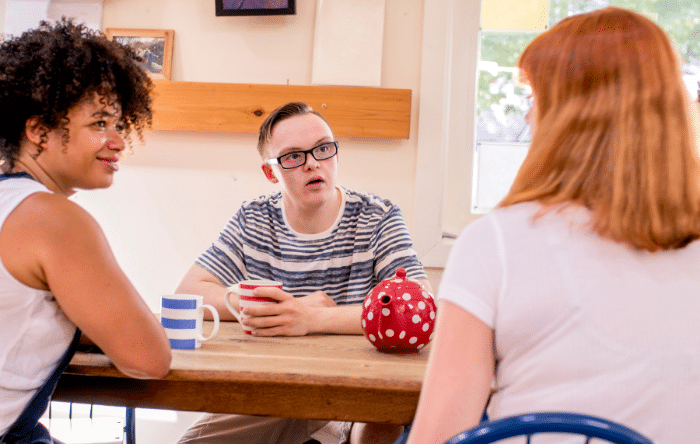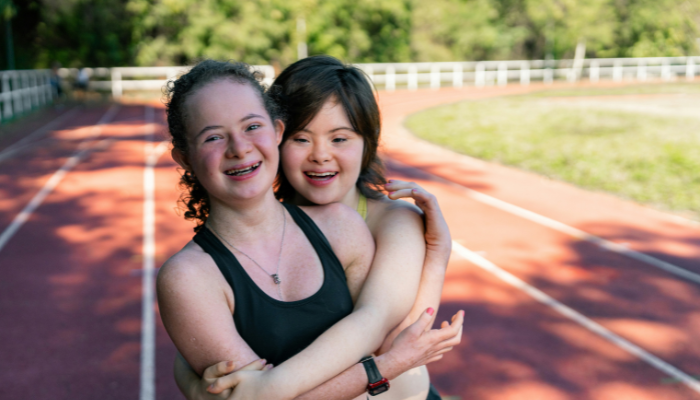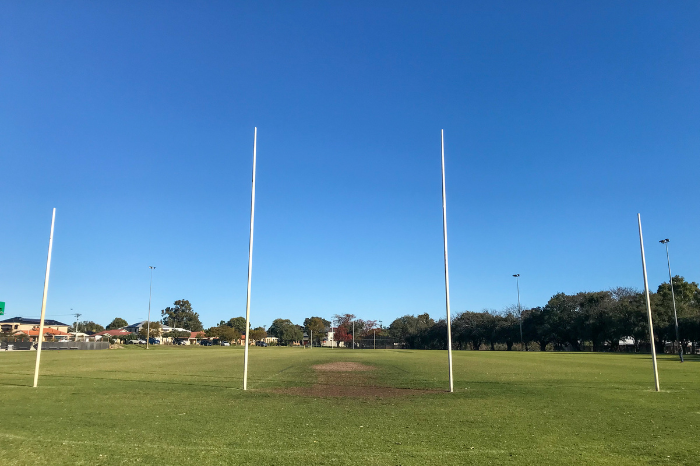
Supported decision making is when one person (a supporter) gives another person (a decision maker) the tools and support they need to participate in decision making about their own life. It isn’t the same as having a person make decisions on behalf of another person.
Supported decision making can help the decision maker to build their skills in decision making and develop the confidence to decide more for themselves in the future.
A person who might need support with making decisions is someone whose ability to make independent decisions is affected. Their ability to make decisions could be affected by:
Sometimes people with disability haven’t had the chance to make their own decisions or to gain experience in decision making. Supported decision making is a way of providing a person with disability the opportunity to learn more about decision making and to exercise choice and control in their lives.
Anyone can be a support person if they have been chosen by the decision maker. A support person could be a trusted family member, friend, service provider or advocate.
A decision maker can have one or more supporters - and sometimes, a team of supporters - to assist them with decision making.
A good supporter, or team of supporters, will have respect for the decision maker, value that person’s independence and dignity, and know that person’s goals, values and preferences.
Supported decision making begins with the decision maker, their chosen supporter/s and a decision. The supporter/s will support the decision maker to:
There are many supported decision making resources available for decision makers and supporters. Here are some free, helpful ones we have found:


